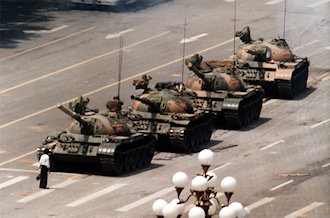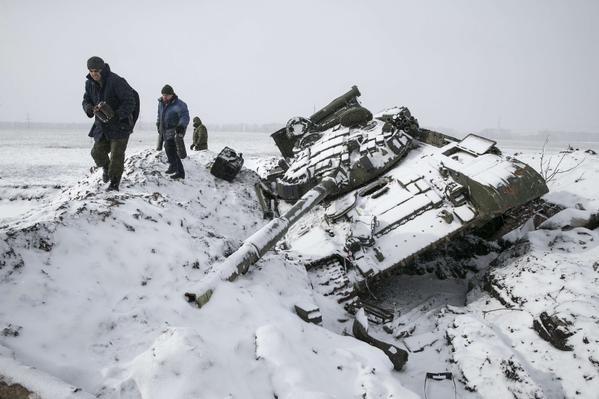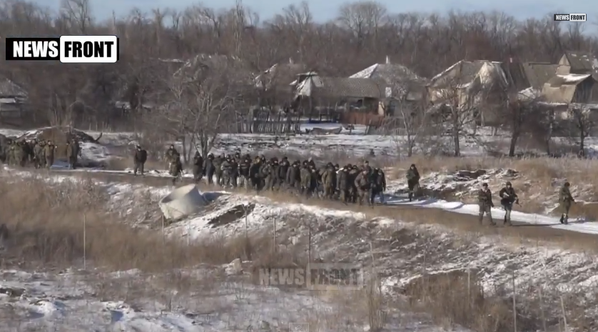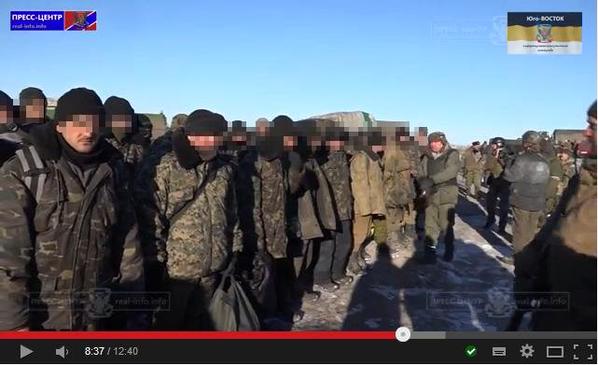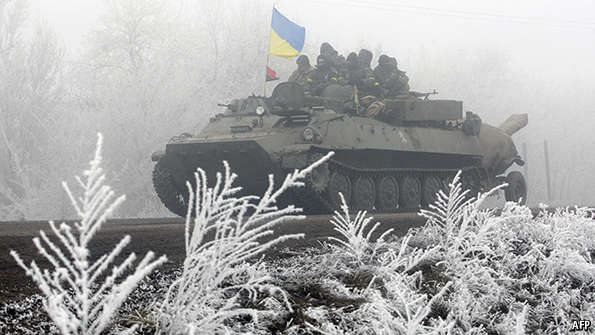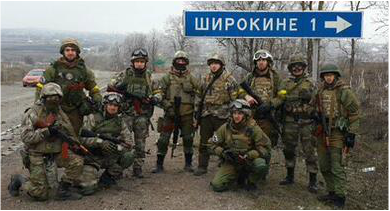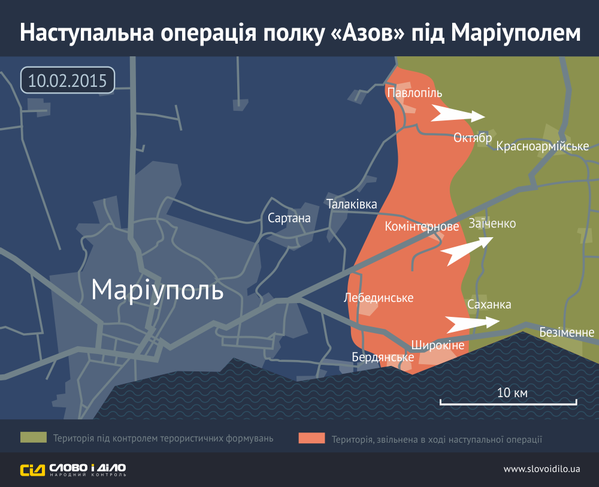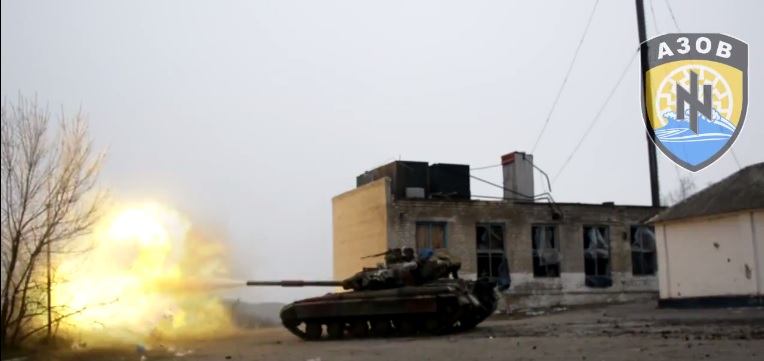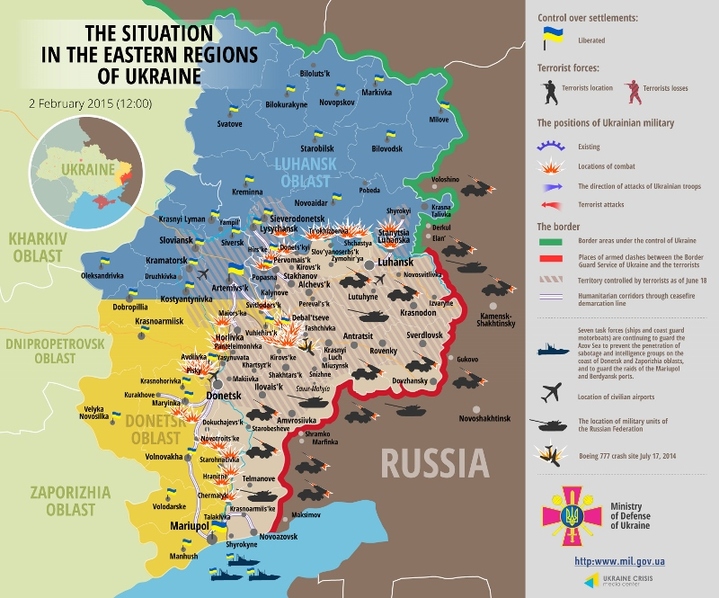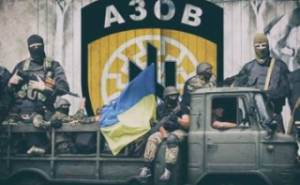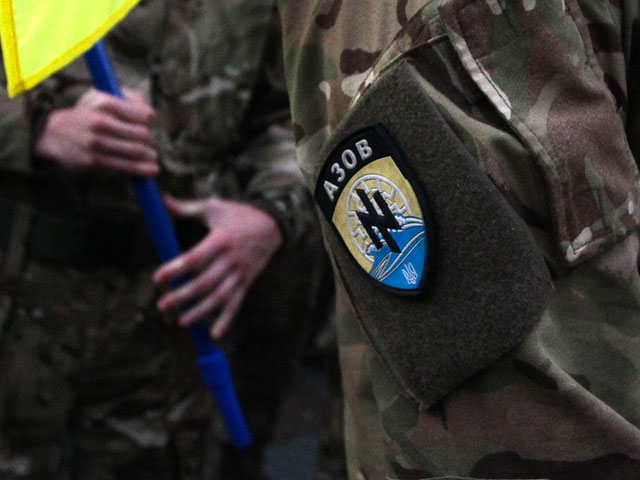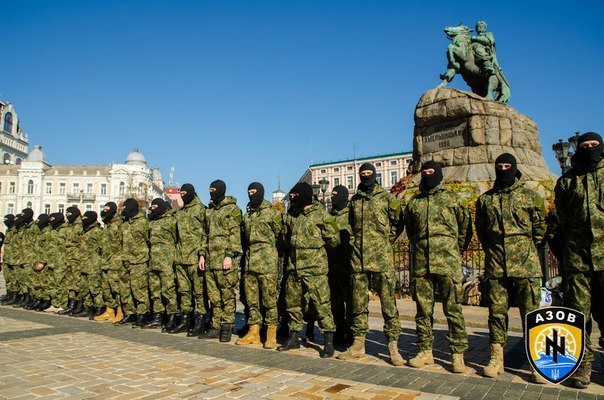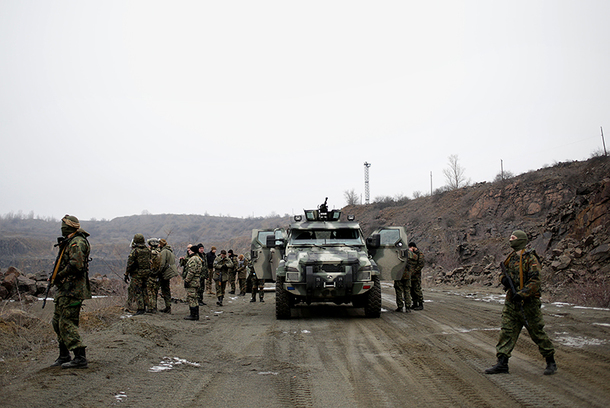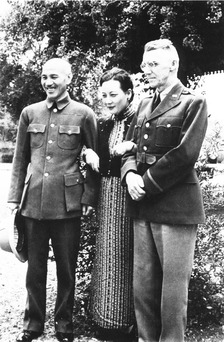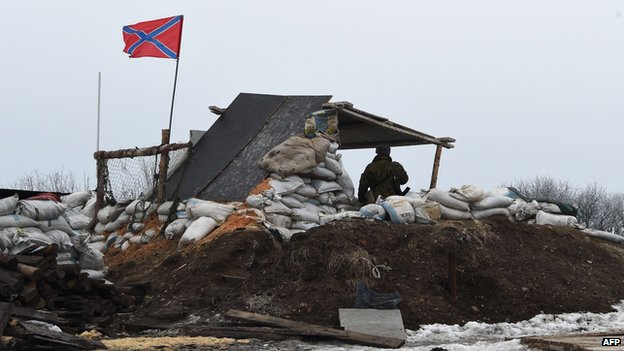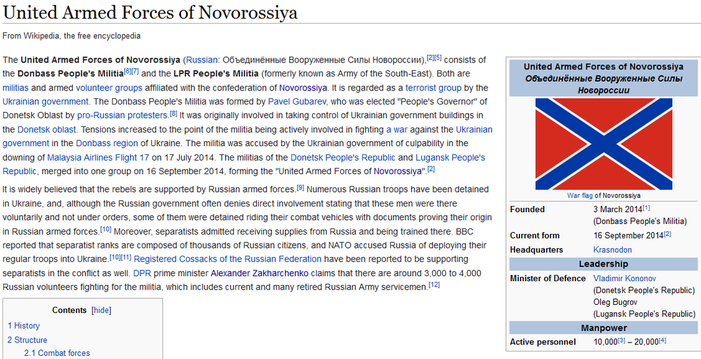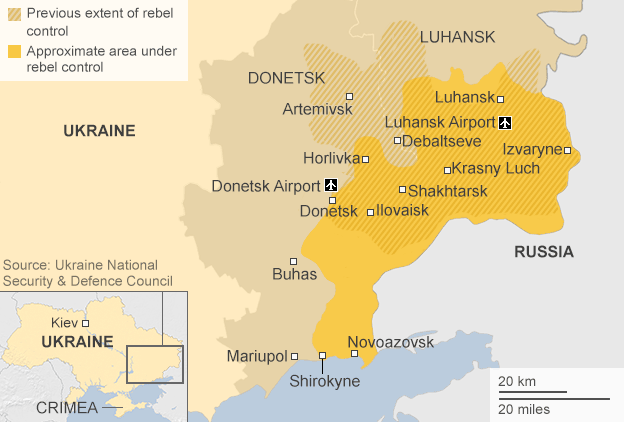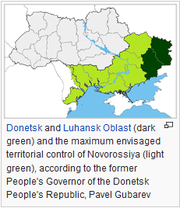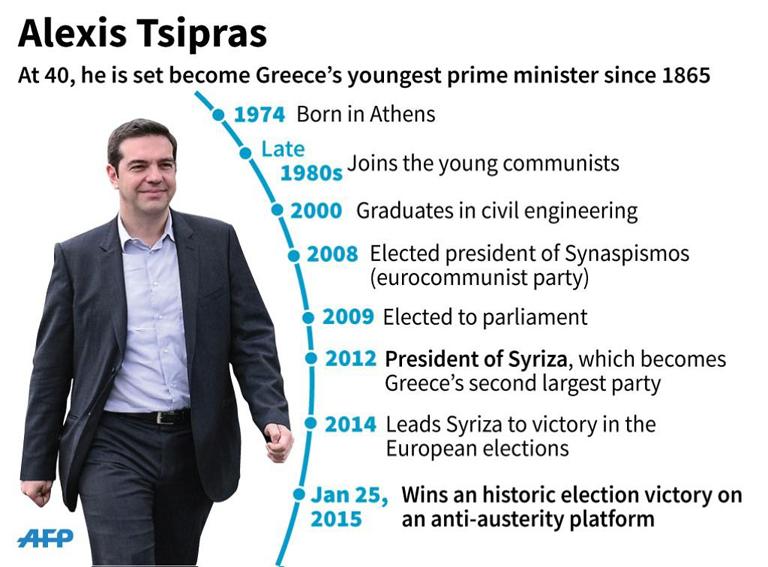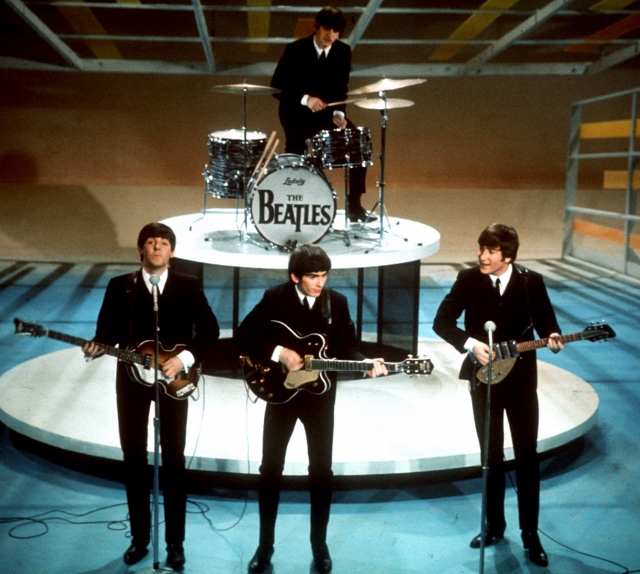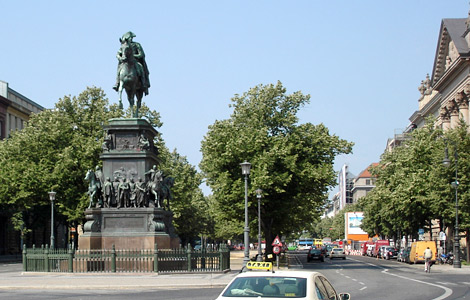I met them studying Korean at a university in South Korea, one of the most prestigious in the country, at which a certain labor dispute occurred between the cleaning staff and the university administration beginning in December 2014. As far as I know, it is still unresolved as the new academic year approaches (beginning March 2nd, 2015).
During the January to February semester, I brought up the subject of these ongoing protests from time to time, either with our Korean teacher or other students.
One such time was around mid-February. I was with a Singaporean and a Chinese, both of whom have the initials Q.X. The one from China (Korean name’s initials: ㅊ우ㅅ) was born in 1990 and majored in physics in China. She is planning to study in South Korea for a Master’s degree. As we were walking along, for some reason I said something like, “The janitors’ protests are still going on”. The girl from China said, wistfully, “I wish people in China could protest like that”. (She said this in English to us. Using English was a sign that she was trying to make a serious point. Unimportant talk can be in Korean.) As she said this, my mind immediately jumped to images of 1989 Beijing. I decided to cautiously break the taboo.I mentioned it, cautiously, something like “They tried that at Tienanmen Square and the result wasn’t good.” Q.X. from China got a puzzled look. I figured maybe she misunderstood my words: Beijing. 1989. Protests. I didn’t even mention the massacre part. Q.X. from China said “I’ve never heard about that. Maybe they never taught us about it.” She looked more confused than defensive. That was the end of that.
A few days later. The semester had ended. (Note: Of the original twelve students in our class, just two passed the exams outright [including Q.X. from China, though this was her second time taking the level], with two others failing narrowly such that they can take a re-test a week later; all others failed outright [including me] or didn’t even take the final exam). Most of those from our class who were still around gathered for dinner, several rounds of it at different places, as is the Korean custom.
At one point, during one of these “rounds”, the group got divided up and I was with the same two “Q.X.”s again. Spirits were high and we all trusted each other, so I decided to follow up on this Tienanmen Square business. The Singaporean and I talked about the world-famous picture of the lone man standing in front of the tanks. I then looked up this photo on my phone, and showed the Chinese girl. “Have you ever seen this before?” The same confused look as before. It was clear that this was the first time she had ever seen the photo in her life.
I said it was my understanding that the lone protestor was killed that day. The Singaporean said this wasn’t the case, as the video shows him climbing the tanks after a while, not run over. We looked around online and found that his most likely fate was an executioner’s bullet to the head in the weeks after June 4th.
Curious and emboldened by the fact that the Singaporean and I were discussing the famous photograph (and video recording) so freely, the Chinese Q.X. found the Chinese Wikipedia entry on the event (I’d guess written by Taiwanese; the article is definitely blocked in China itself). She sat for five minutes, saying nothing, silently reading. I addressed her several times in her trance. She hardly responded and read on. She was highly interested and not about to answer any dumb comment from me at this time.
She was born in 1990. Her parents will remember this event. I’m surprised, that after nearly 25 years of life, she had never heard of the Tienanmen Square protests of June ’89. Schools are banned from teaching about it, okay, but her parents never bothered telling her? She never just happened to hear about it from somewhere?
So it is.

